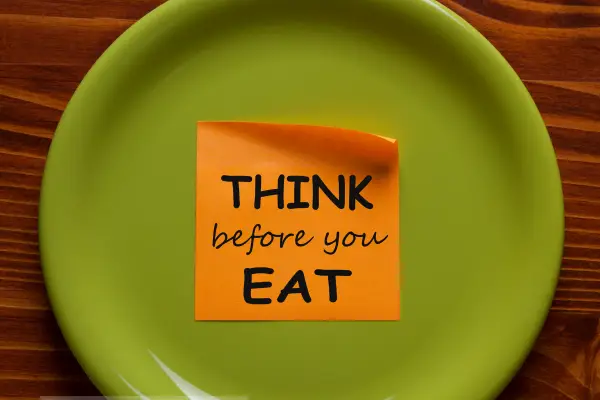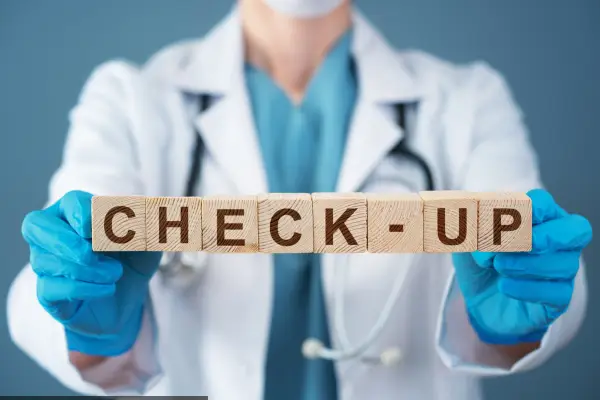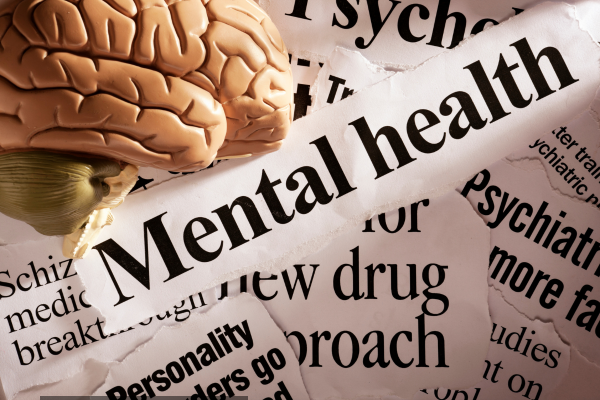Table of Contents
Recognizing the Symptoms of Anxiety
Anxiety often manifests in both physical and mental symptoms. Physically, it can cause rapid heartbeat, sweating, and trembling. Mentally, it might lead to excessive worry, restlessness, and difficulty concentrating. Understanding these symptoms is crucial for recognizing anxiety in yourself or others. Common symptoms include:
- Increased heart rate
- Sweating or trembling
- Feelings of dread or panic
- Restlessness or irritability
By identifying these signs early, you can take steps to manage anxiety before it escalates. Early recognition allows for timely intervention, which can prevent anxiety from interfering with daily life. Transitioning from recognizing symptoms to addressing them is a critical step in managing anxiety effectively.
Uncovering the Causes of Anxiety
Anxiety can stem from various causes, including genetics, environmental factors, and personal experiences. Genetics can play a significant role; if your family has a history of anxiety, you might be more prone to it. Environmental factors like stressful work situations or traumatic events can trigger anxiety. Personal experiences, especially during childhood, also influence anxiety levels. Common causes include:
- Genetic predisposition
- Stressful environments
- Traumatic events
- Childhood experiences
Understanding the root causes of your anxiety can help in developing effective coping strategies. By identifying specific triggers, you can address them directly. This understanding is the foundation for creating a personalized plan to manage anxiety.

Effective Coping Strategies
Managing anxiety involves a combination of techniques. Practicing mindfulness can help you stay grounded. Regular exercise is also beneficial, as it reduces stress hormones and boosts mood. Another effective strategy is maintaining a balanced diet, which supports overall mental health. Useful coping strategies include:
- Practicing mindfulness
- Engaging in regular exercise
- Eating a balanced diet
- Seeking professional help
Incorporating these strategies into your daily routine can significantly reduce anxiety levels. Each approach addresses different aspects of anxiety, offering a comprehensive management plan. Transitioning to a healthier lifestyle can make a significant difference in how you manage anxiety.
The Role of Mindfulness in Anxiety Management
Mindfulness involves staying present and fully engaging in the current moment. This practice helps reduce anxiety by breaking the cycle of negative thoughts. Techniques like deep breathing, meditation, and yoga are effective ways to practice mindfulness. Benefits of mindfulness include:
- Reduced stress
- Improved mental clarity
- Enhanced emotional regulation
- Better focus and concentration
Practicing mindfulness regularly can transform how you respond to anxiety. It shifts your focus from worrying about the future to appreciating the present. By making mindfulness a part of your daily routine, you can create a buffer against anxiety.
Self Recovery help to address the Cause of Your Habit and Live with ControlDeveloping a Wellness Routine
Creating a wellness routine can help manage anxiety effectively. This routine should include regular physical activity, a healthy diet, and sufficient sleep. Additionally, incorporating relaxation techniques like deep breathing or meditation can be beneficial. Key components of a wellness routine include:
- Regular exercise
- Balanced diet
- Sufficient sleep
- Relaxation techniques
A structured wellness routine provides stability and predictability, which can reduce anxiety. Consistency in these practices ensures long-term benefits. Transitioning to a wellness-focused lifestyle can help you manage anxiety more effectively, leading to better mental health overall.
Learn to Trust Yourself Again With Self Recovery Online Addiction Recovery Program










